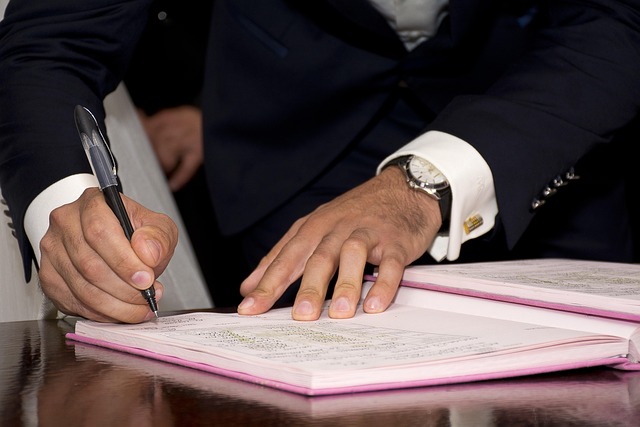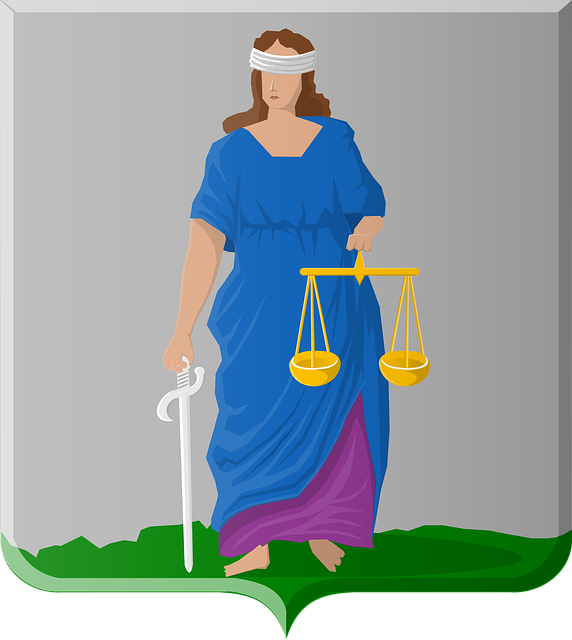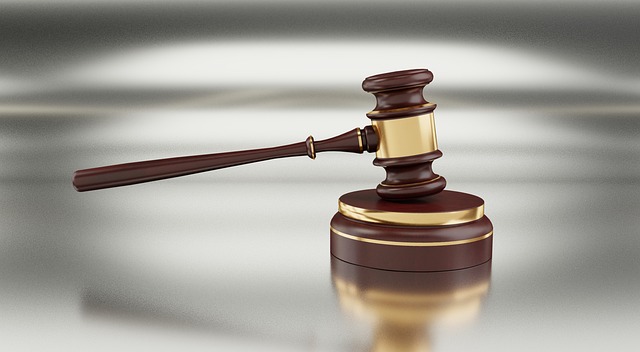The criminal justice defense process involves multiple stages: arrest based on probable cause, initial appearance, pretrial preparation, and court proceedings. Defense attorneys play a crucial role in protecting individuals' rights by gathering evidence, interviewing witnesses, conducting legal research, challenging prosecution claims, and presenting compelling arguments. A strong defense strategy requires understanding case facts, analyzing evidence, exposing inconsistencies, and navigating court procedures while adhering to ethical obligations. Effective communication, adaptability, and thorough documentation are key to achieving fair outcomes in criminal justice defense.
“Dive into the intricate world of criminal justice defense as we explore the vital role of attorneys in navigating complex court cases. From understanding the defense process to preparing for success, this comprehensive guide illuminates key strategies. Learn about the attorney’s crucial responsibilities, from building a solid defense to interpreting court rules and procedures.
Discover the rights and obligations of both clients and lawyers, ensuring a balanced approach. Embrace a deeper understanding of criminal defense, empowering you with knowledge in this critical domain.”
- Understanding the Criminal Justice Defense Process
- Preparing for Court: Strategies for Success
- The Role of a Criminal Defense Attorney
- Building a Solid Defense Case
- Navigating Court Procedures and Rules
- Rights and Responsibilities of Clients and Lawyers
Understanding the Criminal Justice Defense Process

The criminal justice defense process involves a series of intricate steps designed to ensure fairness and due process for those accused of crimes. It begins with the arrest, where law enforcement officials take a suspect into custody based on probable cause, often after gathering evidence and witnessing allegedly criminal activities. Following this, the individual is brought before a magistrate or judge for an initial appearance, where they are informed of the charges against them and their legal rights explained.
During the pretrial phase, both the defense attorney and prosecutors gather and examine evidence, conduct interviews, and file various legal motions to suppress or challenge admissible evidence. This critical period also includes plea bargain negotiations, where the accused may opt for an alternative to a trial, potentially leading to reduced charges or sentences. The ultimate goal of the defense strategy is to protect the client’s rights, build a robust defense, and ensure a fair outcome in court.
Preparing for Court: Strategies for Success

Preparing for court is a meticulous process that significantly influences the outcome of a criminal justice defense case. It involves gathering and organizing evidence, interviewing witnesses, and crafting a compelling legal argument. Defense attorneys must meticulously review the facts, identify potential loopholes in the prosecution’s case, and develop strategies to counter their arguments effectively. This preparation includes researching relevant laws and legal precedents that could be favorable for the client’s defense.
A successful criminal defense strategy often relies on thorough documentation and organization. Attorneys should maintain detailed records of all evidence, communication with clients, and witness statements. Creating a structured plan for presenting this information in court is crucial. This may involve creating a narrative that connects the evidence to the client’s innocence or mitigating circumstances, ensuring a coherent and persuasive argument that can sway the judge or jury in the defendant’s favor.
The Role of a Criminal Defense Attorney

In the intricate landscape of criminal justice, a defense attorney plays a pivotal role in safeguarding an individual’s rights and ensuring a fair trial. Their primary responsibility is to represent and advocate for their client, who may be facing serious charges, by providing legal counsel and strategic guidance throughout the entire process. A skilled criminal defense attorney navigates the complex legal system, meticulously examining evidence, challenging prosecution claims, and protecting their client’s interests.
Through meticulous research, persuasive argumentation, and effective communication, these attorneys counter the state’s case, highlighting potential violations of their client’s rights. They aim to weaken the prosecution’s arguments, present alternative interpretations, and ultimately achieve the best possible outcome, whether through a not-guilty verdict, reduced charges, or negotiated plea agreements. By employing strategic tactics, staying updated on legal precedents, and building a robust defense, criminal defense attorneys ensure that their clients’ stories are heard and their constitutional rights upheld.
Building a Solid Defense Case

Building a solid defense case in criminal justice is an art that requires meticulous preparation and strategic thinking. It begins with a thorough understanding of the facts and circumstances surrounding the case. Defense attorneys must carefully analyze evidence, witness statements, and legal precedents to formulate a compelling narrative that protects their client’s rights. A strong defense strategy often involves challenging the prosecution’s evidence, exposing inconsistencies, and raising reasonable doubts in the minds of the jury or judge.
This process includes extensive research into relevant laws, previous similar cases, and potential expert witnesses who can provide crucial insights. By presenting a well-structured and logically sound argument, attorneys can navigate the complexities of criminal court proceedings. Effective case preparation ensures that the defense is not only responsive but also proactive, aiming to demonstrate innocence or mitigate charges, ultimately safeguarding the client’s interests within the legal framework.
Navigating Court Procedures and Rules

Navigating court procedures and rules is a critical aspect of successful criminal justice defense. Lawyers must master the intricate dance of presenting evidence, questioning witnesses, and adhering to strict procedural timelines. Understanding the nuances of each step, from pre-trial hearings to final arguments, is essential for building a robust defense strategy.
In the fast-paced environment of court, attorneys need to remain agile and adaptable. They must interpret complex legal rules and translate them into effective advocacy strategies. By familiarizing themselves with court protocols, they can ensure their clients receive a fair trial, protect their rights, and ultimately achieve the best possible outcome in criminal defense cases.
Rights and Responsibilities of Clients and Lawyers

In a criminal justice defense context, both clients and lawyers have distinct rights and responsibilities that are crucial to ensuring fairness and due process. Clients, accused individuals, possess the right to legal representation, meaning they can rely on their attorneys to advocate for them and protect their interests within the court system. This includes the right to be informed about the charges, potential outcomes, and available defenses. Clients must also cooperate with their lawyers by providing relevant information and attending court proceedings.
Lawyers, as representatives of their clients, have ethical obligations to uphold the law and provide zealous advocacy. They are responsible for thoroughly investigating the case, developing a strategy, and presenting arguments in favor of their client. Lawyers must maintain confidentiality, ensuring sensitive information remains private. Furthermore, they have a duty to communicate effectively with clients, keeping them informed throughout the legal process, while also making strategic decisions based on the best interests of their representation within the criminal justice defense framework.














